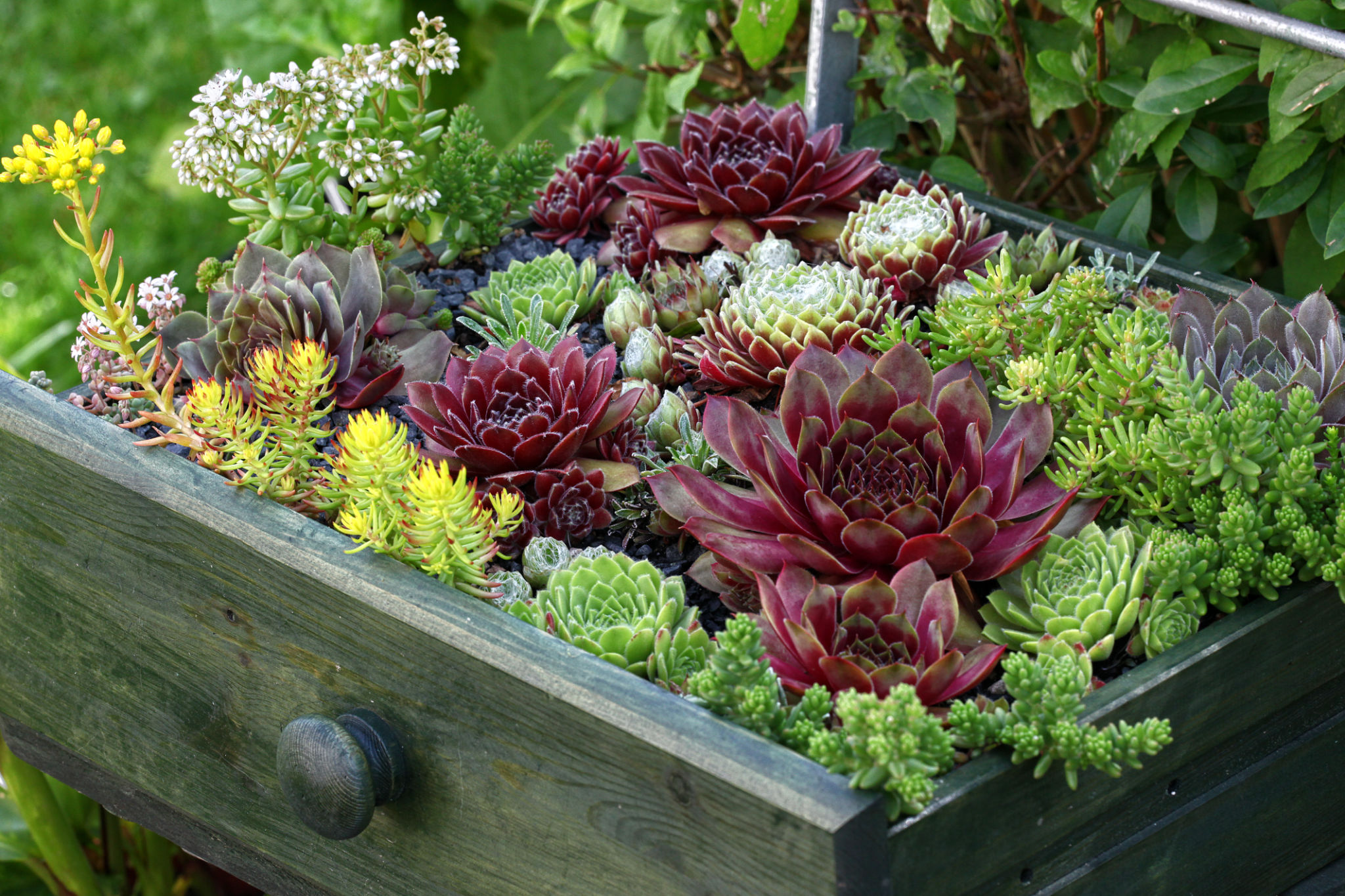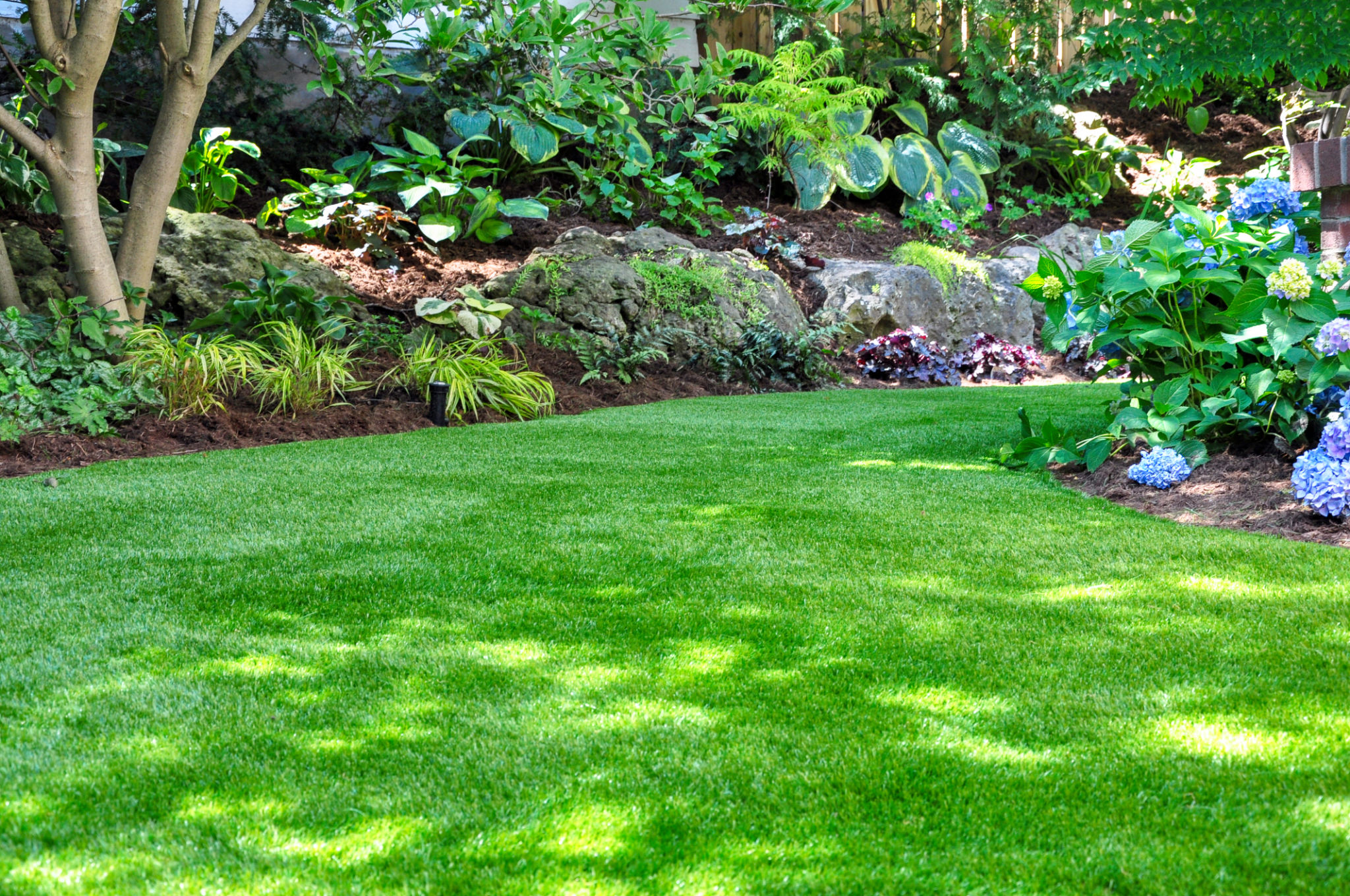Top Tips for Eco-Friendly Garden Designs in the UAE Climate
Understanding the UAE Climate
The United Arab Emirates (UAE) is known for its arid climate, characterized by hot summers and mild winters. This unique climate presents a challenge for gardening enthusiasts striving to maintain an eco-friendly garden. However, with a few strategic adjustments, it's possible to create a sustainable garden that thrives in this environment. The key lies in understanding the climate and using it to your advantage.
Given the scarcity of water and high temperatures, selecting the right plants is crucial. Native plants or drought-resistant species are ideal choices, as they are naturally adapted to survive in such conditions. By incorporating these into your garden design, you can reduce water consumption and promote ecological balance.

Choosing the Right Plants
When it comes to selecting plants for an eco-friendly garden in the UAE, consider ones that are native or well-suited to the desert climate. Some excellent options include succulents, cacti, and certain species of palm trees. These plants not only require less water but also bring a distinctive aesthetic to your garden.
Additionally, incorporating plants with different heights and textures can create a visually appealing landscape. Use ground covers like creeping thyme, which can reduce soil erosion and provide a cooling effect on the ground. Pair these with taller shrubs or trees to add depth and dimension to your garden design.

Water Conservation Techniques
Water conservation is a critical component of sustainable gardening in the UAE. One effective method is the use of drip irrigation systems, which deliver water directly to the plant roots, minimizing evaporation and runoff. This targeted approach ensures that every drop counts, reducing overall water usage.
Another technique is to collect rainwater, which can be stored and used for irrigation purposes. While rain is scarce in the UAE, every opportunity to harvest natural water should be maximized. Additionally, applying a layer of mulch around your plants can help retain moisture in the soil, further conserving water.
Soil Management Practices
The quality of soil plays a significant role in the success of an eco-friendly garden. In the UAE, sandy soil is common, which typically lacks essential nutrients and has poor water retention capabilities. To improve soil quality, consider adding organic matter such as compost or well-rotted manure. This not only enriches the soil but also enhances its ability to retain moisture.

Regularly testing and amending the soil can ensure your plants receive the necessary nutrients for healthy growth. Incorporating slow-release fertilizers can also provide a steady supply of nutrients over time without causing harm to the environment.
Incorporating Shade Structures
Creating shaded areas in your garden can significantly reduce water evaporation and protect plants from extreme heat. Consider using pergolas, shade sails, or strategically placed trees to provide relief from the scorching sun. These structures can also add an architectural element to your garden design.
When designing shade structures, select materials that reflect heat rather than absorb it. Light-colored materials or those with reflective surfaces can help maintain cooler temperatures in your garden, promoting plant health and reducing water usage.

Promoting Biodiversity
An eco-friendly garden should support local wildlife by promoting biodiversity. Introduce plants that attract pollinators such as bees and butterflies. These creatures are vital for pollination and contribute to a healthy ecosystem.
Creating habitats like birdhouses or insect hotels can encourage beneficial wildlife to visit your garden. By fostering a diverse range of species, you contribute to the ecological balance and sustainability of your garden.